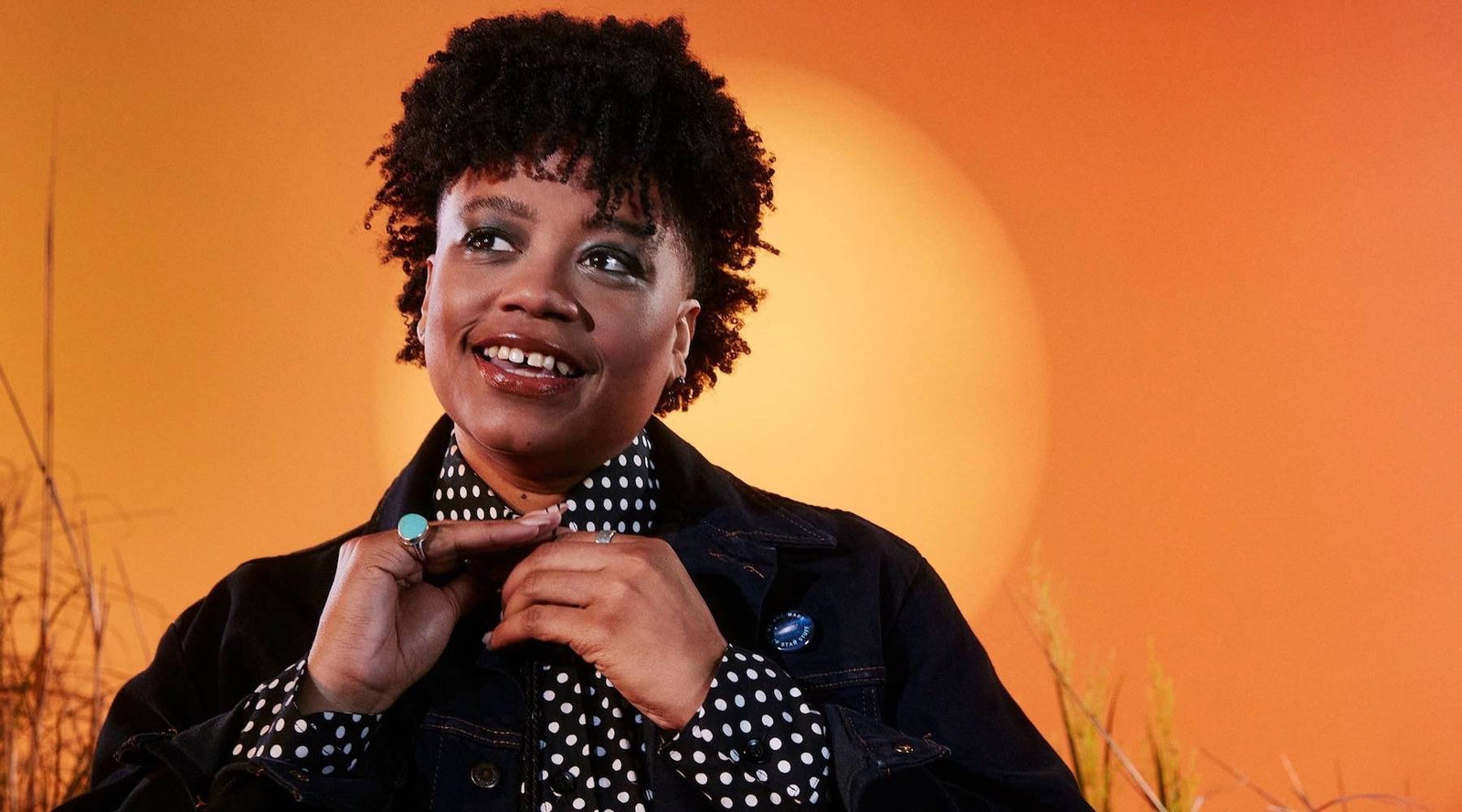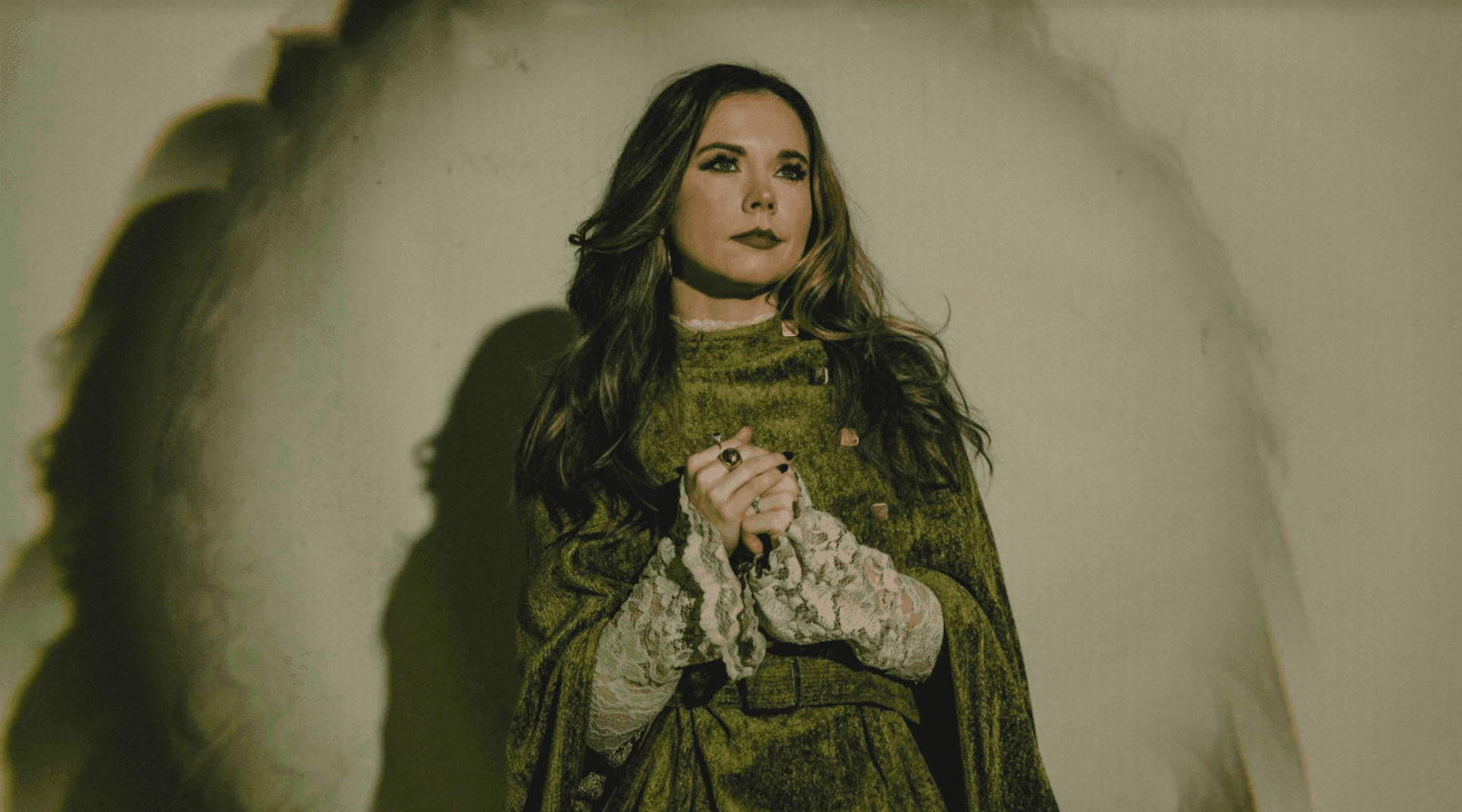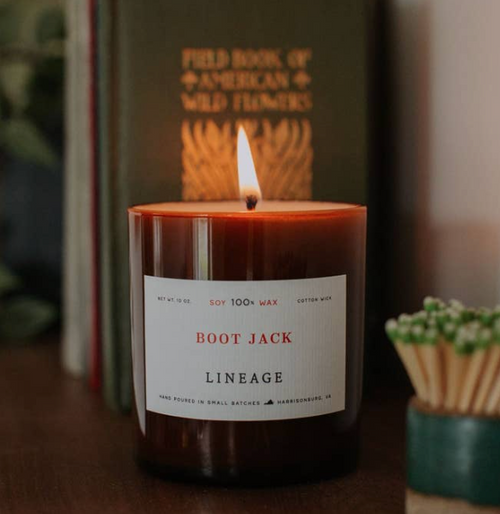
Earl Scruggs in 2008. Image provided by James Bradbury.
Bill Monroe is called the father of bluegrass. There's no disputing that. He founded the style and fostered it during its early years, but he didn't shape it alone. Another man did just as much to define the fast playing, high energy sound that we know today. When Earl Scruggs hit the Nashville scene at age 21 with his earth shaking, three-finger banjo picking style--something that had never been heard before--he made bluegrass hot.
He premiered as a member of Bill Monroe's band on The Grand Old Opry in December 1945. In one electrifying performance, it was like he taught bluegrass to spin its tires, chase girls, and cuss all at once.
The show was broadcast on Nashville's WSM 650, which had nationwide reach. From the Arizona desert to deep Blue Ridge hollers, people put down their whittling and knitting, socks they were darning, their magazines and listened in awe. This upstart was doing ungodly things on the banjo, playing as many as eleven notes per second, just shredding his strings and whipping up applause from the audience in Ryman Auditorium.
Playing beside Monroe, the father of bluegrass, Scruggs suddenly looked like the genre's unruly uncle. He was showing his instrument how to do all kinds of crazy things.
This groundbreaking night launched a nearly seventy year career, which came to an end last Wednesday when Scruggs passed away in a Nashville hospital. I'm sure you read about it. Every daily newspaper in the country covered his death, but none have done a better job at covering his life than The Tennessean. It captured what other, bigger publications missed--the understated revolution that Scruggs led, not only in bluegrass, but in music at large. According to fellow bluegrass musician Marty Stuart, Scruggs melted walls between musical styles, but "he did it without saying three words."
The Tennessean elaborates -- "During the long-hair/short-hair skirmishes of the ’60s and ’70s, he simply showed up and played, with Bob Dylan, Joan Baez and The Byrds. And when staunch fans of bluegrass — a genre that would not exist in a recognizable form without Mr. Scruggs’ banjo — railed against stylistic experimentation, Mr. Scruggs happily jammed away with sax player King Curtis, sitar virtuoso Ravi Shankar, piano man Elton John and anyone else whose music he fancied."
Scruggs remained true to his bluegrass sound, but he knew that he could only expand his fan base by reaching beyond the Opry stage. Unlike many of his country music contemporaries, he played in places where he knew he'd find a new audience--college campuses, The Newport Jazz Festival, and even Carnegie Hall. It paid off. As the ambassador of bluegrass, he seeded interest in mountain music among urban sophisticates and roots reverent hippies.
Nashville wasn't always happy about this cross-pollinating. According to The Tennessean, when Scruggs was asked about playing with Baez, who was then viewed by many as "hyper-liberal and undesirable," he replied, "Well, I didn’t look at it from a political view. And I thought Joan Baez had one of the best voices of anybody I’d ever heard sing.”
Baez wasn't the only controversial woman in Scruggs' life. His wife and manager, Louise Scruggs, mixed things up too. She was Nashville's first female manager, and she was the one who pushed her husband to play outside traditional country venues. Acknowledging Louise's influence, Scruggs once said, “She advanced me, and...helped shape music up as a business, instead of just people out picking and grinning.”
Scruggs is also credited with bringing the banjo back from the brink of oblivion. It's tinny sound was considered old fashioned at best or, at worst, downright funny. By the 1940s, the banjo was more popular with comedy acts than serious musicians. Scruggs, of course, changed that. He was the instrument's first virtuoso, and he laid the groundwork for what is approaching a century of banjo experimentation.
“I had no connection to the South, to bluegrass music or to the banjo, but that sound just changed me," said Bella Fleck, who recently composed and performed a banjo concerto with a full orchestra. He first heard Scruggs play in the opening to the television show The Beverly Hillbillies, and says that Scruggs “took the banjo to where it became a major musical instrument in the world."
Scruggs' far reaching influence will be remembered by friends and fellow artists this afternoon during a Memorial Service at Nashville's Ryman Auditorium. Fittingly, this is the spot where he changed the face of music with his 1945 Opry performance. The service will even be broadcast on the same station that beamed that show into homes so many years ago--WSM 650.
If you can't get the station on your AM dial, you can always listen online. Tune in at 2:00 CDT to hear memories of Scruggs.














